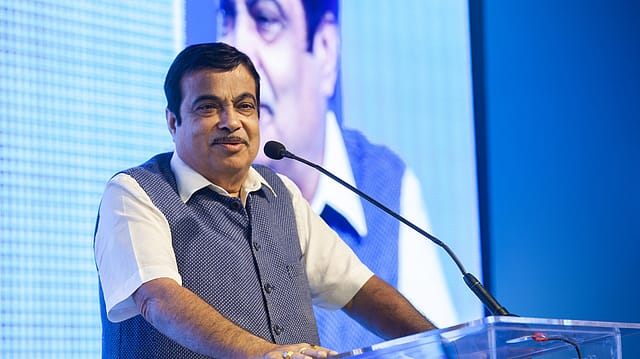No driverless cars for India: Nitin Gadkari
ADVERTISEMENT

At a time when the automobile industry in the US and Europe is witnessing an increasing number of driverless cars, India has no plans of introducing driverless cars in the domestic automobile market. Nitin Gadkari, the union minister of road transport and highways, clarified on Monday that India will not be introducing driverless cars as it would lead to a significant decline in the employment of drivers. He was speaking to Business Today at the sidelines of Zero Mile Samvad organised by IIM Nagpur.
"If we are going to introduce driverless cars, it will rob approximately 70-80 lakh individuals of their jobs. This will create a huge chaos and I would not let that happen," Gadkari said in a statement.
His statement comes at a time when Elon Musk’s Tesla is eyeing India with strong intentions to enter the domestic automobile industry. Tesla, which is amongst the largest manufacturers of driverless cars in the US, has been in talks with Indian government officials, primarily seeking lower import duties before it could plan local production.
Gadkari said that Tesla is welcome to enter the domestic automobile industry, but the US carmaker should manufacture and sell cars in India. "Manufacturing the car in China and selling it in India, this is not possible. Tesla should manufacture as well as sell the cars in India," the union minister says.
January 2026
Netflix, which has been in India for a decade, has successfully struck a balance between high-class premium content and pricing that attracts a range of customers. Find out how the U.S. streaming giant evolved in India, plus an exclusive interview with CEO Ted Sarandos. Also read about the Best Investments for 2026, and how rising growth and easing inflation will come in handy for finance minister Nirmala Sitharaman as she prepares Budget 2026.
His statement comes days after the government, last week, informed Parliament that there has been no proposal regarding exemption from local value addition cost or providing subsidy on import duty on the import of electric vehicles in India. This is touted to be a major setback for US EV manufacturing giant Tesla.
Meanwhile, according to Gadkari, electric vehicle sales are unlikely to have any impact on the trade of petrol and diesel vehicles. He also said that with the decline in the price of lithium-ion battery in the international market, the pricing of EVs with that of petrol and diesel vehicles will be similar soon. "Earlier the price of lithium-ion battery used to be around $150 per kWh. Now it has declined to $115/kWh. The day it comes down to below $100/kWh, which is a possibility soon, the pricing of EVs and petrol and diesel vehicles will be the same," Gadkari said.
